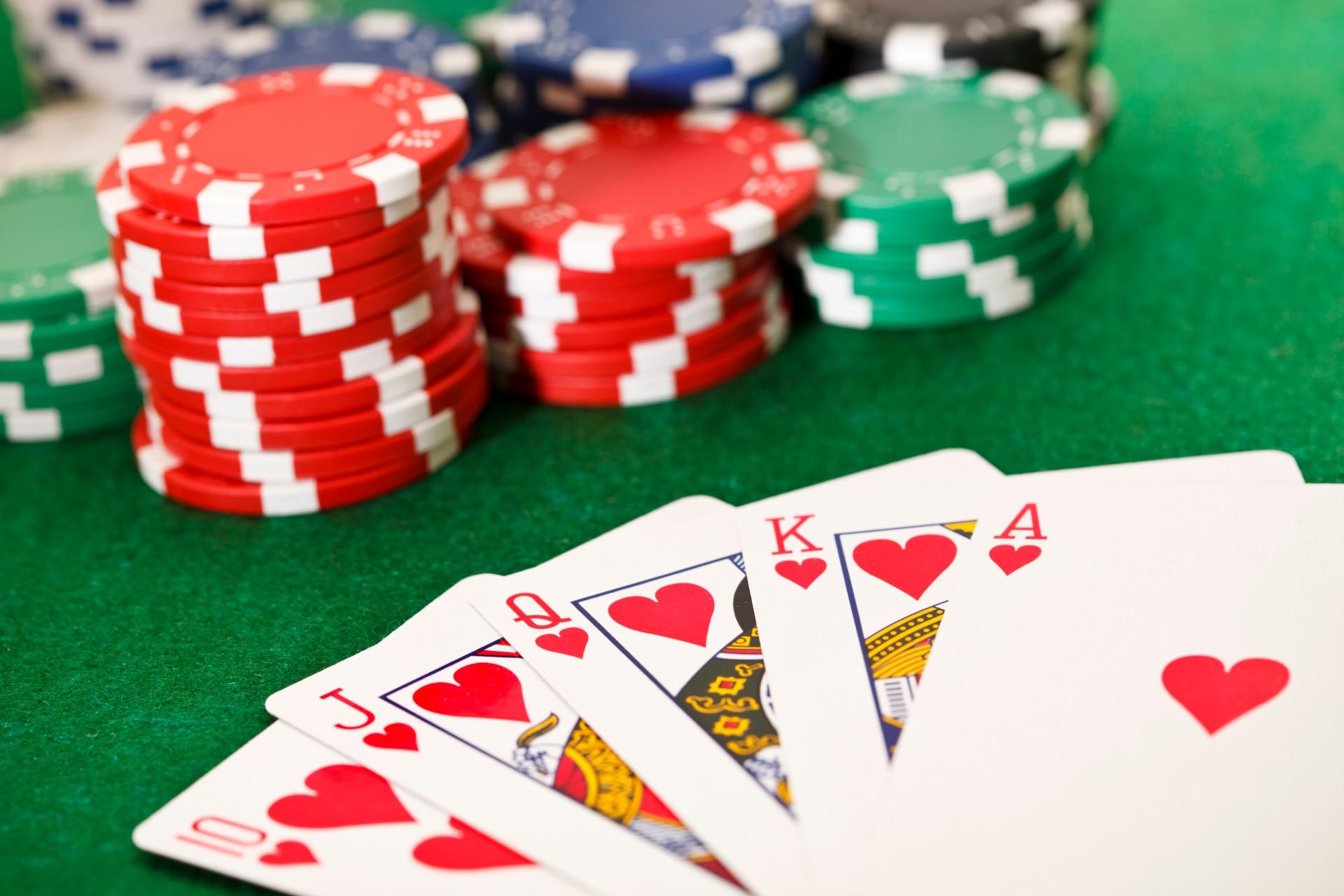Critical Play: Games of Chance (Poker)
Central Argument: Elements of luck can introduce an element of fun to the game, which can sometimes induce addiction.
For this week’s critical play, I played poker in person with a group of friends. Poker is a game that blends elements of skill and luck.
How might this game put people at risk for addiction?
Poker introduces a unique set of factors that can lead to addiction. Here are four key reasons why poker might put players at risk for addiction:
- Monetary Reward Poker is often associated with monetary rewards, which can be a significant motivator for players. The potential for financial gain can drive people to play more frequently and for higher stakes. This pursuit of monetary rewards can enhance the excitement of the game, but it also increases the risk of addiction as players become fixated on winning money.
- Chasing Losses According to Kahneman and Tversky, losses loom larger than gains, a concept known as loss aversion. In poker, this can lead players to chase their losses, continuing to play in an attempt to recoup money they have lost. This behavior can quickly spiral out of control, as the desire to recover losses can override rational decision-making, pushing players deeper into addiction.
- Attributing Losses to Luck The element of luck in poker allows players to externalize their losses. When players lose, they can attribute it to bad luck rather than their own skill or decisions. This external attribution can reduce the negative feedback that might otherwise discourage continued play. Because there is always a chance that luck will turn in their favor, players may keep playing, hoping for a better outcome next time, which can perpetuate addictive behavior.
- Social Influences The social aspect of poker can also contribute to addiction. Playing with friends or being part of a gambling group can create peer pressure to continue playing, even when it might not be in one’s best interest. Friends inviting or encouraging each other to play can reignite or spark addiction, especially when combined with near misses, where players come close to winning. These near misses can heighten the anticipation and desire to keep playing, further fueling addictive tendencies.
These elements—monetary rewards, loss chasing, external attribution of losses to luck, and social influences—combine to create a potent mix that can lead to addiction in poker. Understanding these factors can help in developing strategies to mitigate the risk and promote healthier gaming habits.

How Does It Compare to Other Games That Use Chance or Probability?
Poker combines elements of both skill and chance, creating a balanced playing field. Even the very best players can sometimes lose to the worst players due to luck, maintaining a sense of balance. Additionally, poker can be especially rewarding for those who are skilled, as their expertise significantly influences outcomes over time.
Another key difference is the social element. Unlike games like slot machines, poker involves playing against other players. This social interaction adds another layer of engagement and enjoyment to the game but can also increase the risk of addiction through peer influence and social pressure.

How does this game engage with aspects of probability, and how is randomness feeding into addiction?”
- Luck Adds Replay Value
In poker, luck adds replay value to the game. It is very clear how luck influences who the winner is. Players can visually see and understand the outcome unfold, much like in slot machines as referenced in the reading. The transparency of chance influencing the game’s outcome makes it engaging. Slot machines provide a rationale and reason within a defined set of rules for how chance influences the outcomes of winning, and this is evident in each game.
- Clarity of Outcomes
Imagine a game where we don’t know why we won; it’s just a random spin of the wheel, and all we know at the end is if we won, but not why we won. In games like casino slot machines, there is at least a set of rules that determine why we win, such as getting matching pairs, even though we don’t know the algorithm that determines these pairs. The best players can calculate probabilities and chances of winning, which adds a layer of strategy and engagement to the game.
- Casual Play and Addiction Risk
Randomness makes it easier for poker to be played casually, increasing the possibility of addiction. It is hard to play a game with players of vastly different skill levels unless there is some element of chance. For games that have no elements of chance, such as chess, strict matching algorithms are necessary to ensure players of similar skill levels compete against each other. Chess tournaments, for instance, match players of similar skill levels together, which maintains the competitiveness and fairness of the game.




